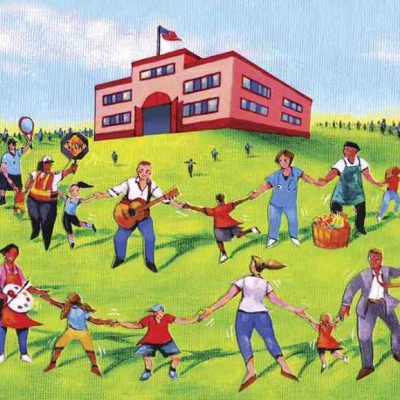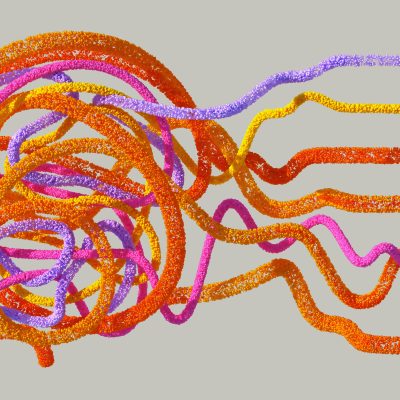Recognizing water as a fundamental human right
Water, a priceless resource that supports all life, is the planet’s life force. However, having access to clean water is a luxury that many people cannot afford. Water is a fundamental human right that must be preserved at all costs; it is not merely a good or service that can be purchased and exchanged. Water is the most basic human need and millions of people around the world have only select access to clean water. This has serious consequences for the health and well-being of people in many parts of the world. In many parts of the world, water is sacred, but it’s contaminated. Water is required for many bodily functions in addition to being used for drinking, cooking, and cleaning. Access to safe drinking water is crucial for maintaining health and preventing disease.
According to an editorial by the Public Library of Open Science, “1.2 billion people worldwide do not have access to clean drinking water, and a further 2.6 billion lack adequate sanitation services.” We have the data of the amount of people who don’t drink clean water and it’s more than millions of people. The fact that not as many people as possible think of this topic and how we can help the economy grow with free water is tremendous. Access to clean water is also important for preventing diseases and promoting good health. Individuals without access to clean water have to consume tainted water, which can result in deadly waterborne illnesses like cholera, typhoid, and dysentery. We can ensure that everyone has access to clean water and can prevent these terrible diseases by recognizing water as a human right.
Everyone deserves access to clean water. Water as a human right promotes responsible and sustainable water management practices that prioritize the needs of communities with safeguarding the environment. Many communities don’t have access to water which causes them to be in poverty, to lack education, and their population to decrease tremendously. If a water service is not clean, not affordable, not trustworthy, limited to a risky location, unadapted for disabled groups or children, or gender-segregated in the case of toilets and washing facilities– it does not serve the entire community. Those who oppose this idea would most likely say water shouldn’t be free because the process of filtering water takes time and material. This is true, but it doesn’t mean that water shouldn’t be free, water is a shared resource. It can’t be owned by just one individual or just one company. Instead, everyone should own it, and access to it should be equal for all. We can ensure that it is safeguarded and maintained in a way that benefits everyone, not just a select few.
In Flint, Michigan there was a famous water crisis. In 2014, contaminated water gave 12 people fatal cases of Legionnaires’ disease. As a result, authorities tested the water for pollutants. Regrettably, community members couldn’t gather enough proof that the water was the problem and authorities claimed that fixing the issue would be too expensive. What are their priorities so that they can’t help people get water? The authorities did not want to help out their citizens. Lack of clean water can hinder education, cause food scarcity, and block economic progress.
On Water.org, an organization is helping many families in poverty with clean and sanitized water. The organization was able to help people because they realized that there is a water stress crisis that is affecting one-third of our global population. This organization was able to help 11 countries and 55 million lives. They were able to get 4.4 billion dollars of capital mobilized funds to help them with this project. This shows the dedication these people have in their belief that water as a human right helps many lives. Water.org was able to work hard to help many communities with clean water. In the end, water is a precious resource that should be valued and protected.
While it may seem like a small expense, charging for water can have large consequences for our environment and society. Concerns about social fairness and inequality are frequently linked to issues of water access. Poor and underprivileged populations are often the ones without access to safe water around the world. We can rectify these disparities and guarantee that everyone has equal access to this necessary resource by declaring water to be a human right. Let’s work towards a future where water is accessible and affordable for all.









